India is an extremely large place steeped in millennia of history.
Naturally, the country has produced many people famous the world over, both in the past and in the modern day.
From the most world-changing politicians and civil rights activists, to historical religious figures, and modern day icons, a lot of the most widely known people in the world have ultimately come from India.
With that in mind, today we’re going to look at some of the most famous people ever to come from India.
Let’s get started.
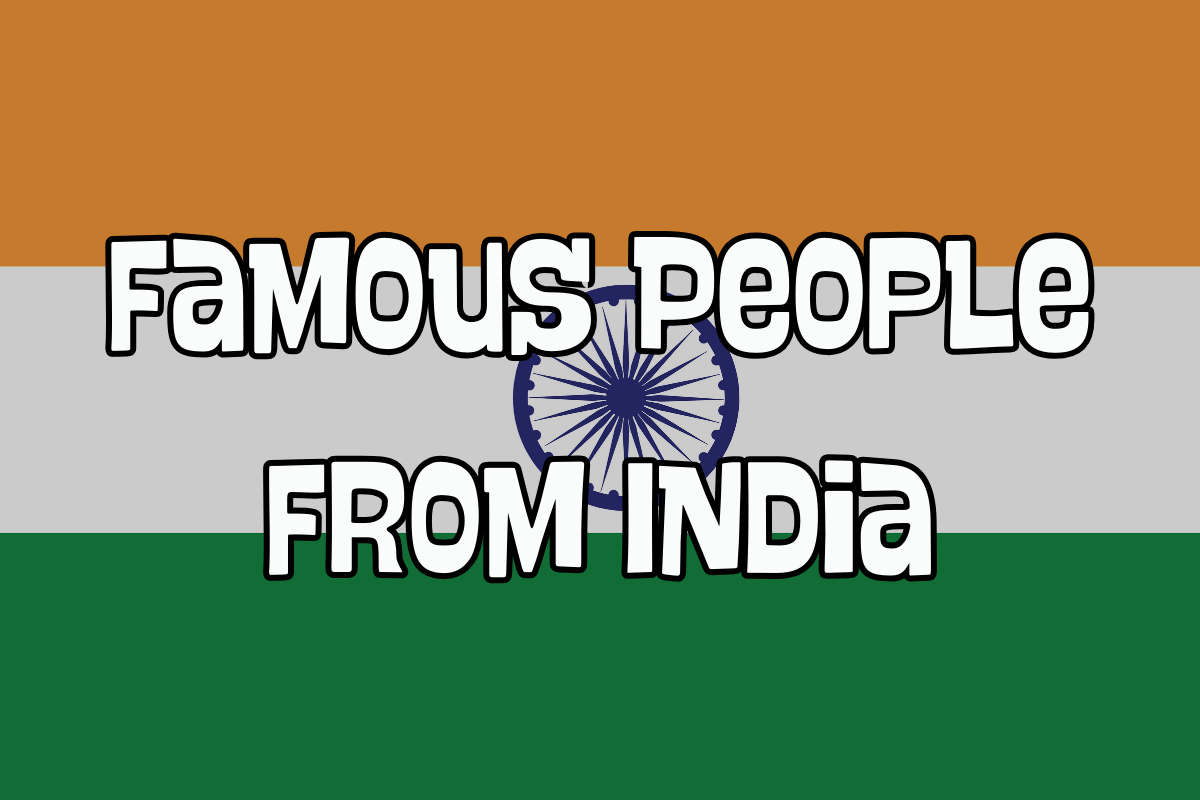
Famous People From India
Mahatma Gandhi
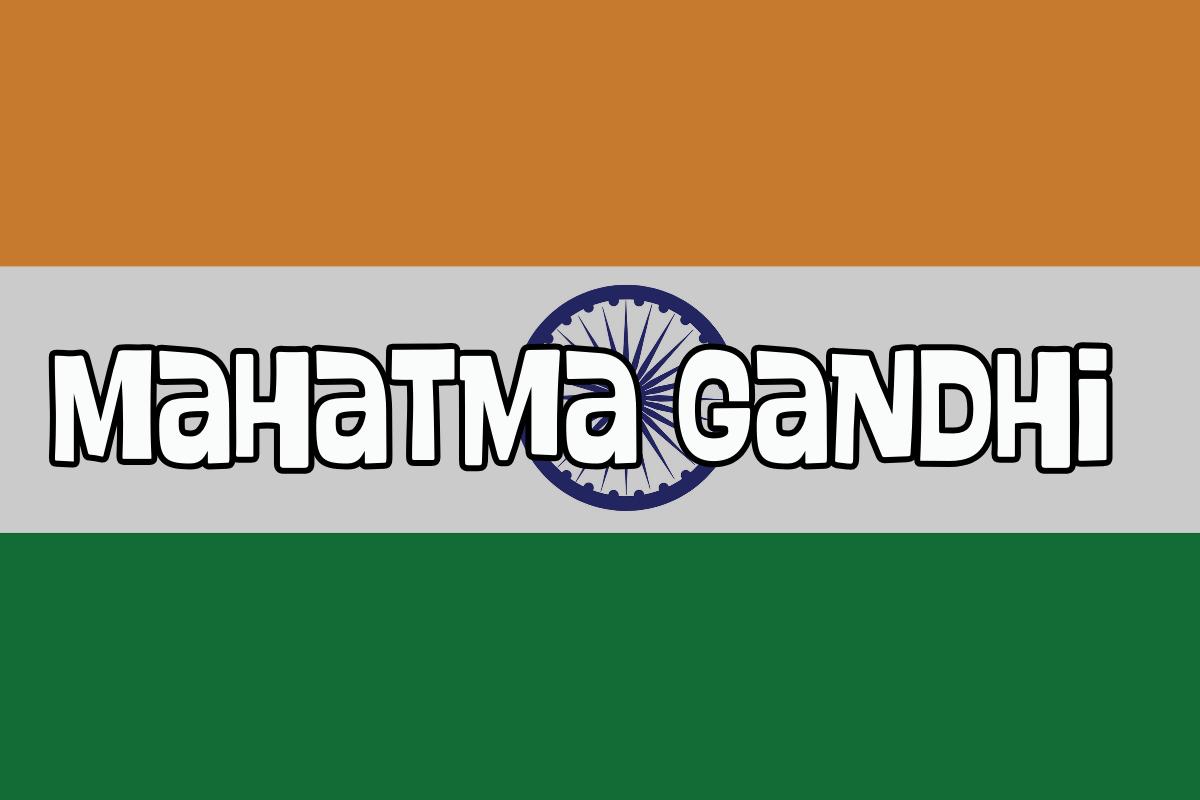
Starting off with perhaps the most famous Indian in living memory, first we have Mahatma Gandhi, more commonly known simply as Gandhi.
Gandhi became famous for leading a nonviolent protest movement against the British Raj, in favor of leading the Indian people into independence from British rule.
His successful campaign eventually inspired many similar peaceful revolutions around the world, and he became one of the most famous people not just in India, but the whole world.
Even today, almost 75 years after his death, Gandhi’s message of peaceful resistance shines as a message of hope for countless people in all parts of the world.
Indira Gandhi
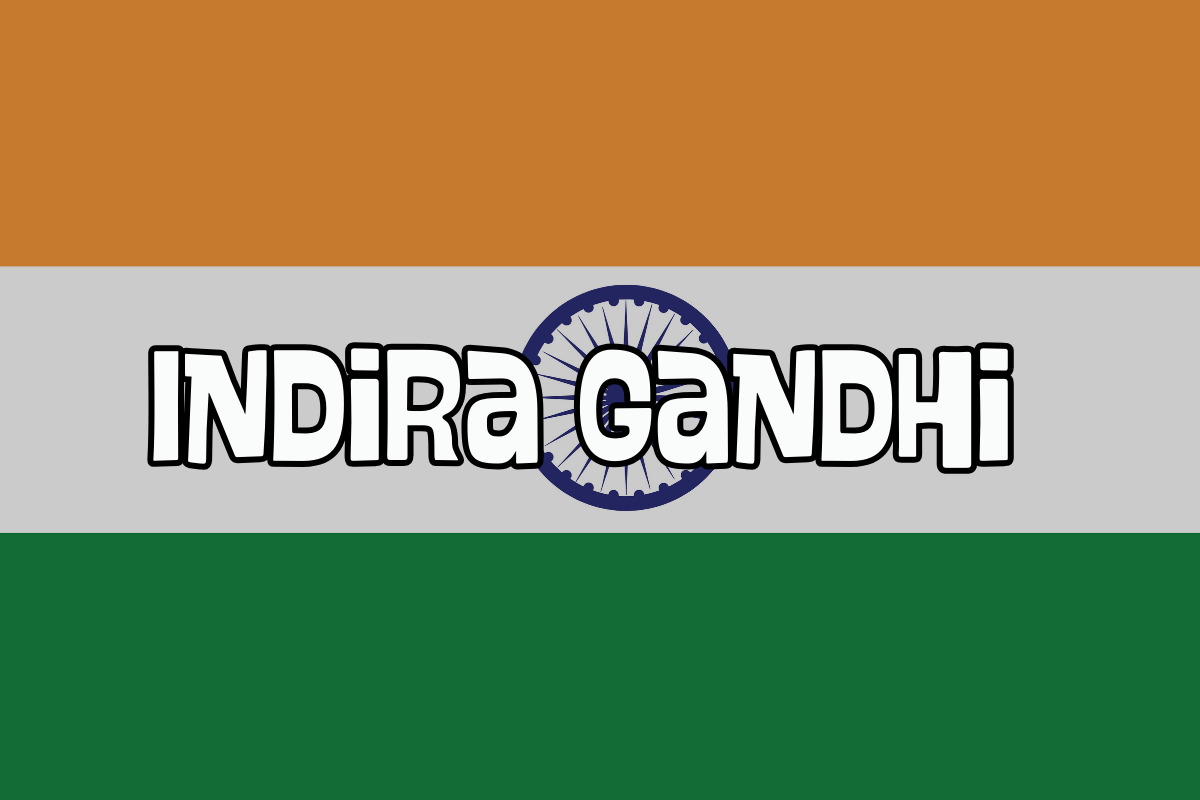
Indira Gandhi is another of India’s most famous politicians and to date the country’s only female prime minister.
She served two separate stints as prime minister, first from 1966 to 1977 and then again from 1980 to 1984, making her the second longest-serving Indian prime minister even today.
She was a fierce champion of the centralization of power and resisted actively the aggression of neighboring countries, repelling Chinese incursions into the Himalayas and supporting the War of Independence in Pakistan.
In 1984, she was assassinated by her bodyguards in New Delhi, as she was on her way to an interview with a British filmmaker.
Rabindranath Tagore
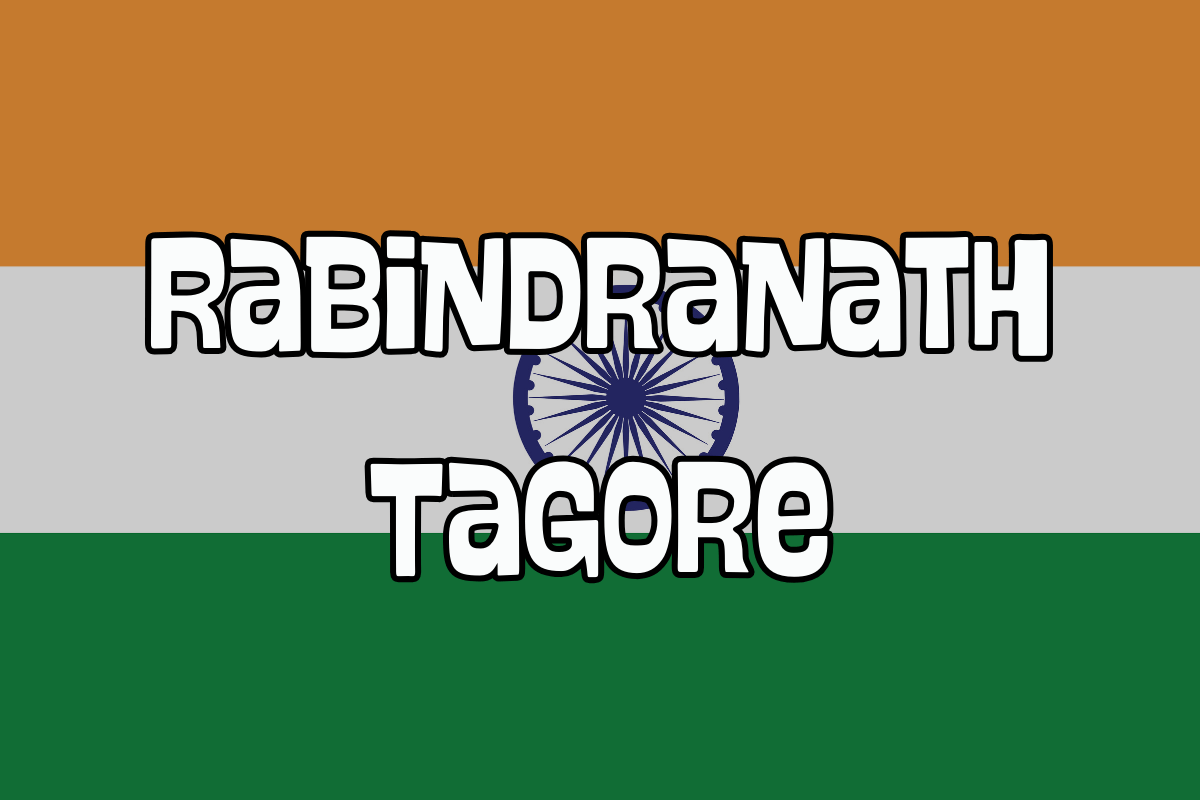
One of the shapers of modern-day Bengali literature and music, Rabindranath Tagore was a Bengali artist who worked in many different mediums.
He was most well-known as a poet, writer and playwright, but he was also well-known as a composer, philosopher, and painter.
In 1913, Tagore became the first non-European to win the Nobel Prize for Literature.
He began writing poetry at the age of eight, and over the course of his life broke rigid, classical formats with his fresh and sensitive writings.
He died in 1941 at the age of 80, and his legacy is still felt by all Bengalis and all Indians today.
Bhimrao Ramji Ambedkar
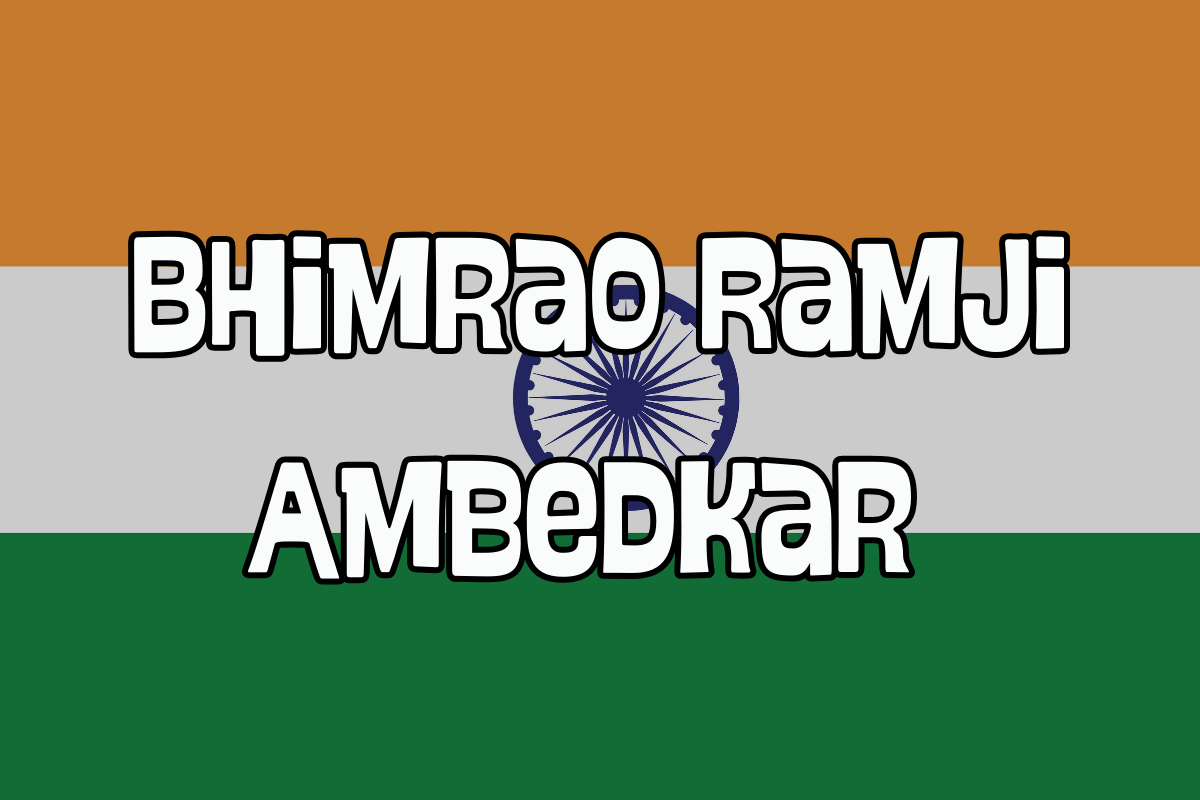
Known commonly as B.R. Ambedkar, this famous Indian was well-known as a politician and jurist in the middle of the 20th Century, particularly for being the head of the committee that drafted the Constitution of India.
In the government of Jawaharlal Nehru, he served as law and justice minister, forming the first government after India’s independence from Britain.
He also inspired the Dalit Buddhist movement, following his renunciation of Hinduism.
He died in 1956, only three days after completing his final manuscript.
Subhas Chandra Bose
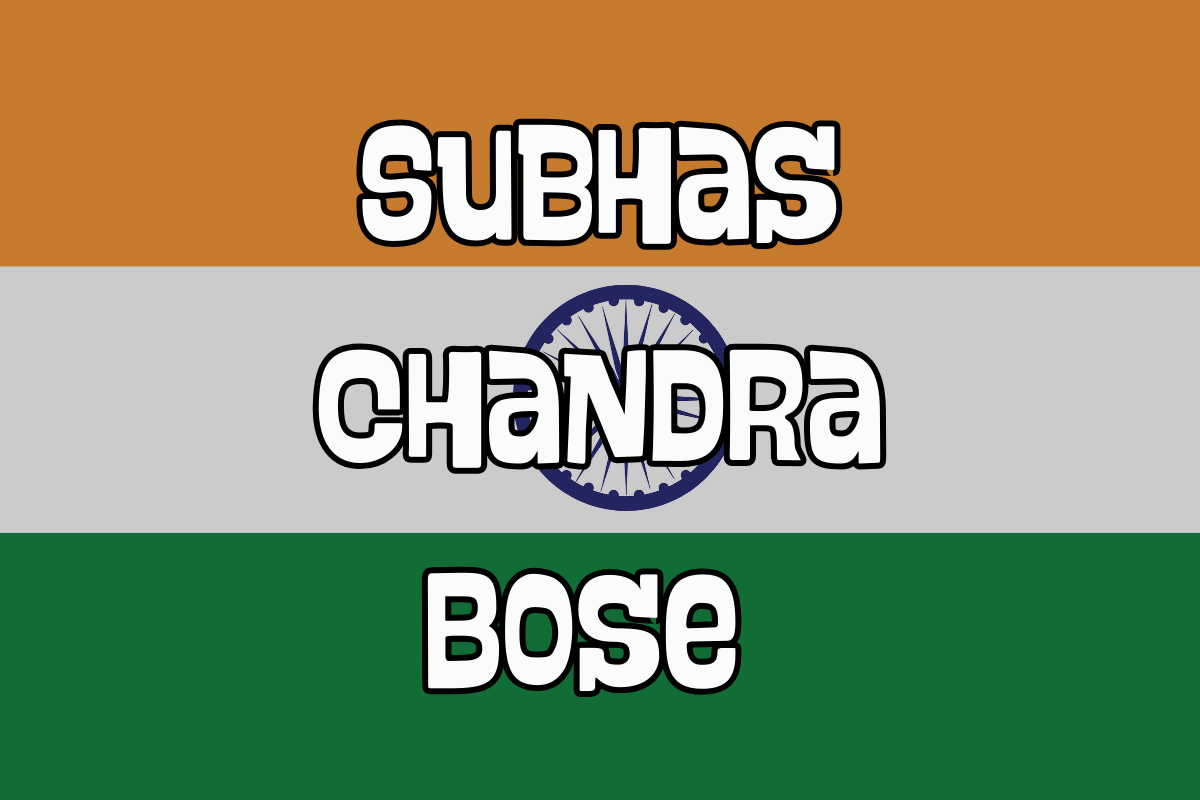
A mixed legacy to say the least, Subhas Chandra Bose was at one time an Indian hero for his staunch defiance of British rule.
He was a fierce Indian nationalist and joined Gandhi’s movement in 1921 after returning to India from England where he had been sent to study.
He was the leader of the Indian National Congress from 1938-39, but his later support of both the Nazi regime in Germany and the Imperialist regime in Japan caused many of his former allies to cut ties with him.
Though conspiracy theories abounded around the circumstances of his death, he was killed in a plane crash in 1945.
Jawaharlal Nehru
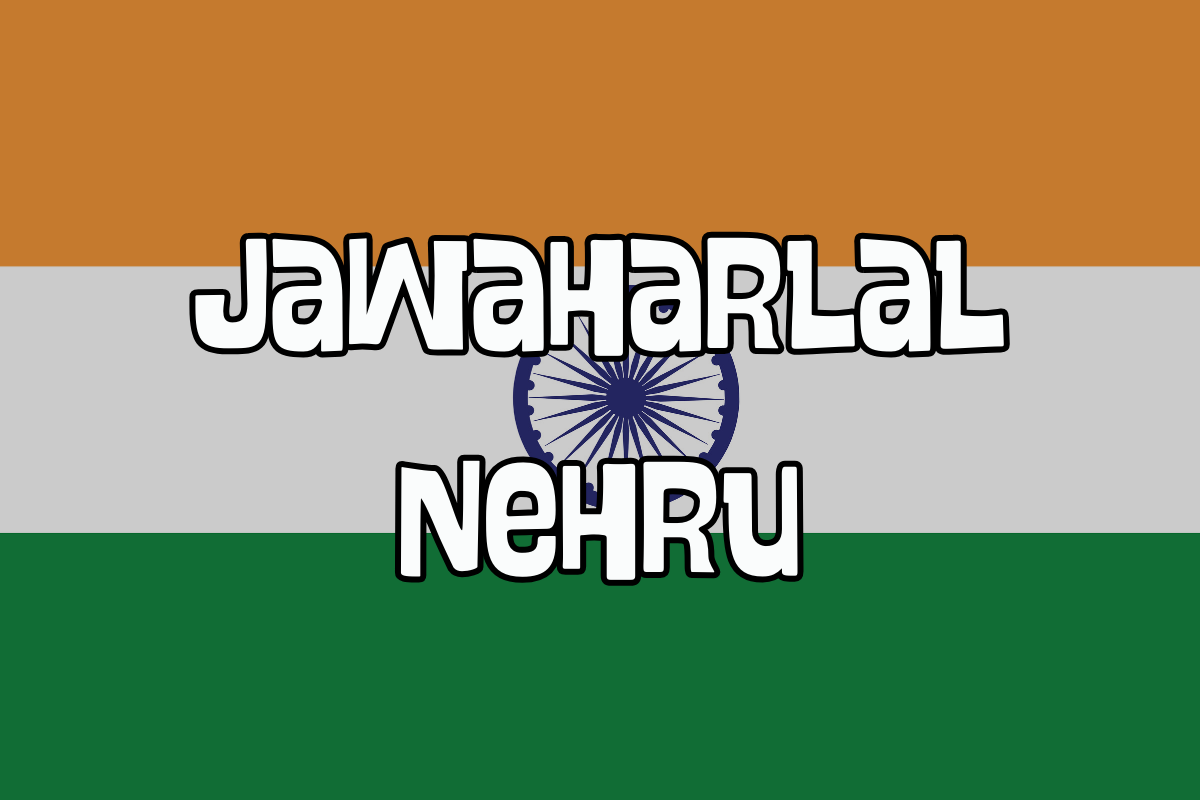
Another central figure in the Indian Independence movement of the 20th Century, Jawaharlal Nehru served as the first prime minister of India after the country was freed from British rule.
During his sixteen-year term, he supported parliamentary democracy and a broadly secular view of national politics, promoting science and technology, particularly over the course of the 1950s.
His tenure has served to influence India’s position in the modern world.
He had been educated in England, at Harrow School and later in Cambridge University.
He died in 1964 of natural causes, despite multiple assassination attempts on him throughout his life.
Ashoka
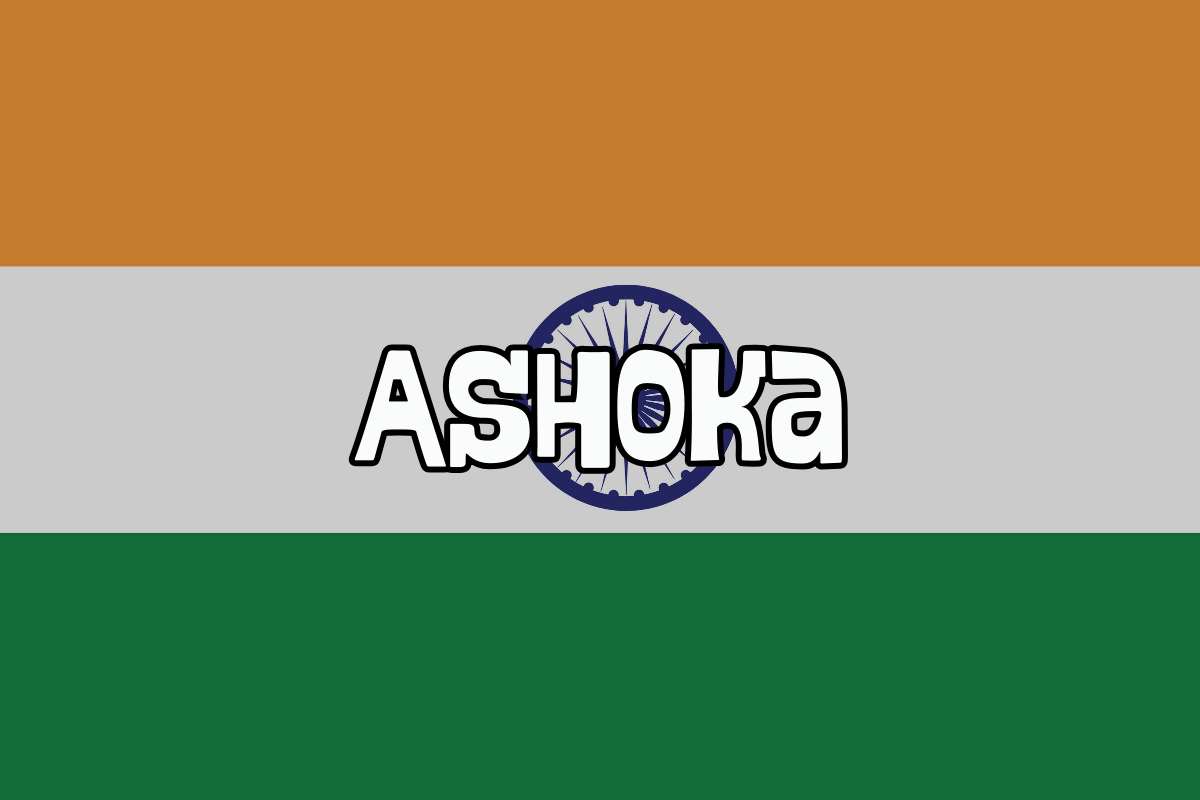
The middle of the 20th Century is perhaps the single most important period in establishing India that we are familiar with today.
But the country’s history, naturally, goes far beyond that.
Perhaps one of the most famous emperors in history, India’s Ashoka the Great lived in the 3rd and 2nd Centuries BC.
Though India as we understand the nation did not exist at the time, his empire covered large parts of the subcontinent and modern-day India.
He was a patron of Buddhism, and without his patronage, the religion may not have achieved the widespread status it has today.
He is mentioned in inscriptions and some Buddhist texts, and though certainly a real historical figure, he has achieved mythic status among famous Indians today.
Chandragupta Maurya
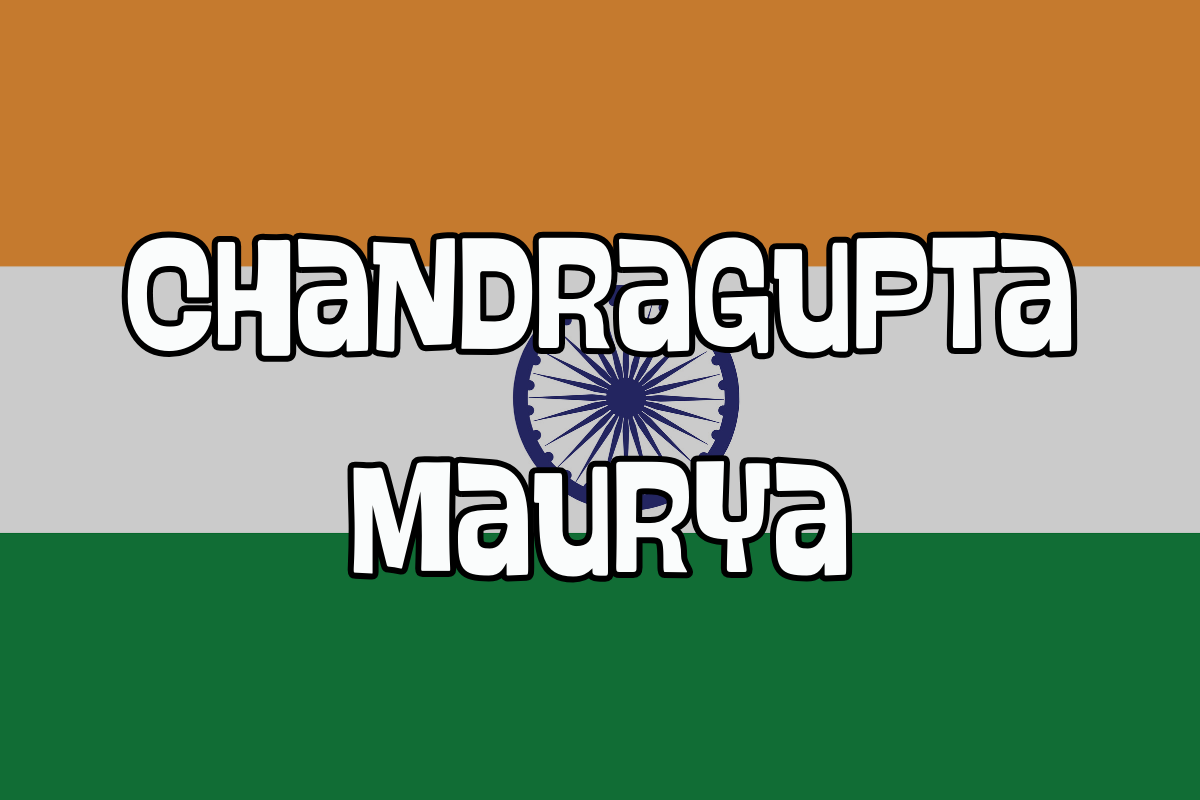
Ashoka’s father, Chandragupta, also became one of the most famous figures in Indian history.
His reign was from 320 to 298 BC, and laid the foundations of the state of India which allowed Ashoka to build his huge empire and unify large parts of India.
His empire spanned from modern Bengal to Afghanistan, and unlike his son was more closely associated with Vedic Brahminism and Hinduism.
His life is described in a variety of ancient texts, from Greek to Hindu and Jain, though there are a lot of differences in the detail between the various sources.
Though not quite the mythic status that Ashoka has achieved, being his father alone has meant his own degree of legend.
Rani of Jhansi
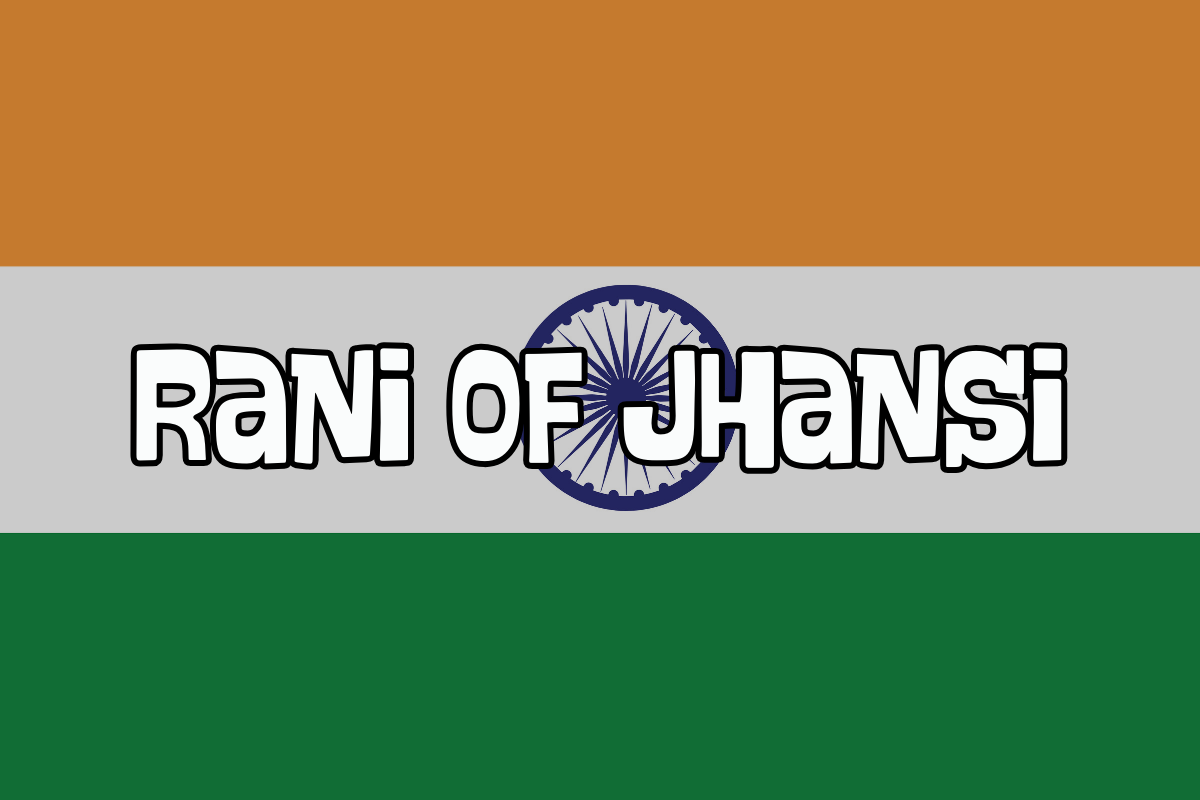
Known as either Rani of Jhansi or Rani Lakshmibi, she was the Maharani consort of the state of Jhansi in the middle of the 19th Century, from 1843 to 1853.
She was a key figure in the Indian Rebellion of 1857, and for her role in this rebellion achieved heroic status particularly among later independence movements and a symbol of resistance to British rule.
She married the Maharaja of Jhansi and they remained married until his death in 1853.
Though her rebellion eventually fell to the British, her staunch and fearless resistance made her a heroic figure in India even today.
She died in 1858, though the exact circumstances of her death are not known.
Either way, she died an Indian hero.
Sarojini Naidu
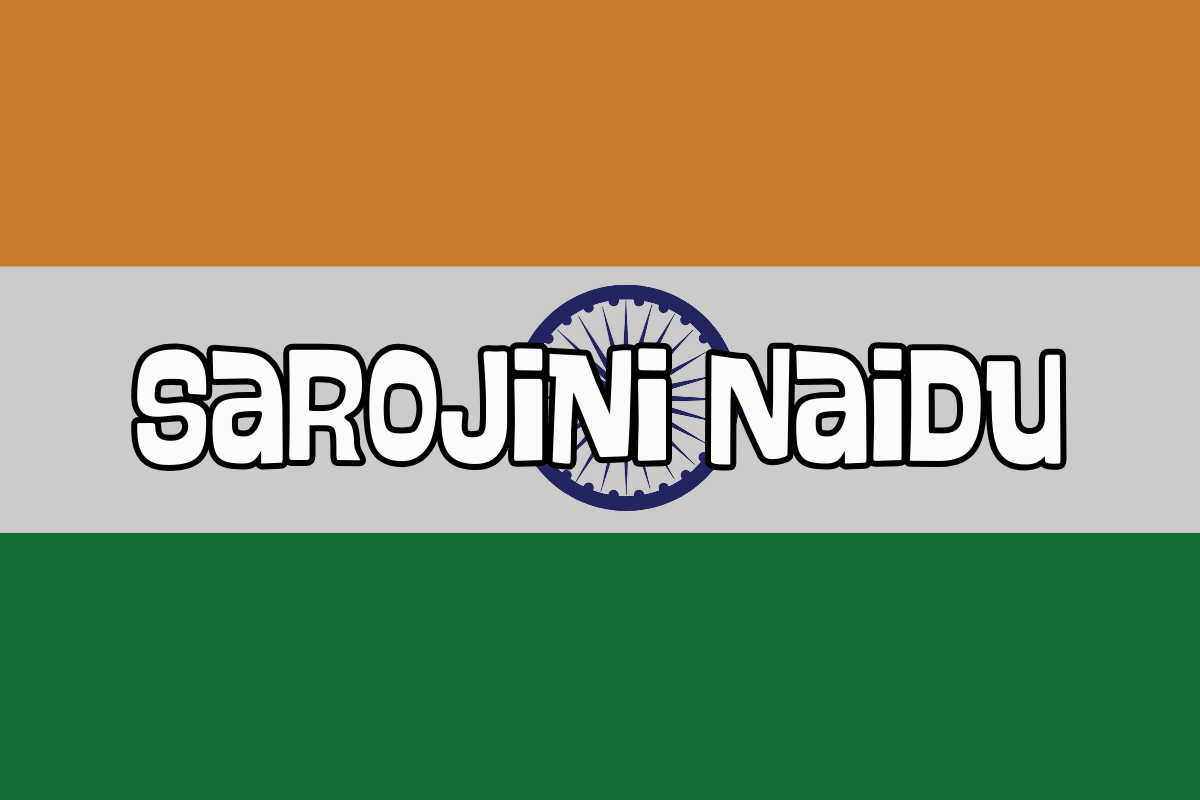
Known both for her political activism and poetry, Sarojini Naidu served as Governor of Uttar Pradesh and was a proponent of women’s rights and anti-imperialism.
She was the first woman to serve as the president of the Indian National Congress, the first modern nationalist movement to emerge in Asia against British imperialism and the body that would eventually spearhead the independence movement.
She has been nicknamed the “Nightingale of India” by Gandhi himself for her extensive literary works.
She died in 1949 at the age of 70.
Abanindranath Tagore
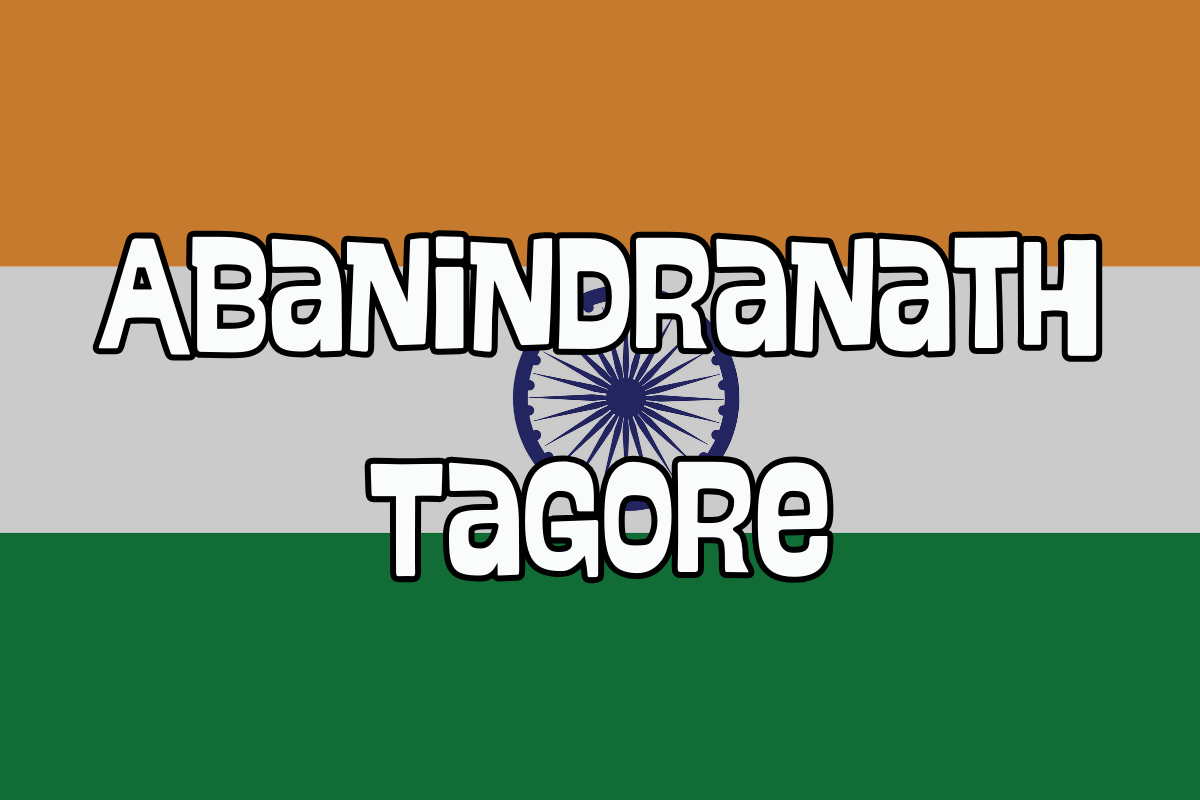
Creator of the Indian Society of Oriental Art, Tagore was and is one of India’s most famous artists and painters.
He was the founder of the extremely influential Bengal school of art, which played a huge part in the development of modern art in India.
He also wrote extensively in Bengali and many of his works, particularly of children’s literature, were considered huge landmarks in the development of Bengali language literature.
Even within British institutions, Tagore’s art was promoted as a national Indian style.
He died in Calcutta in 1951, at the age of 80.
MS Dhoni
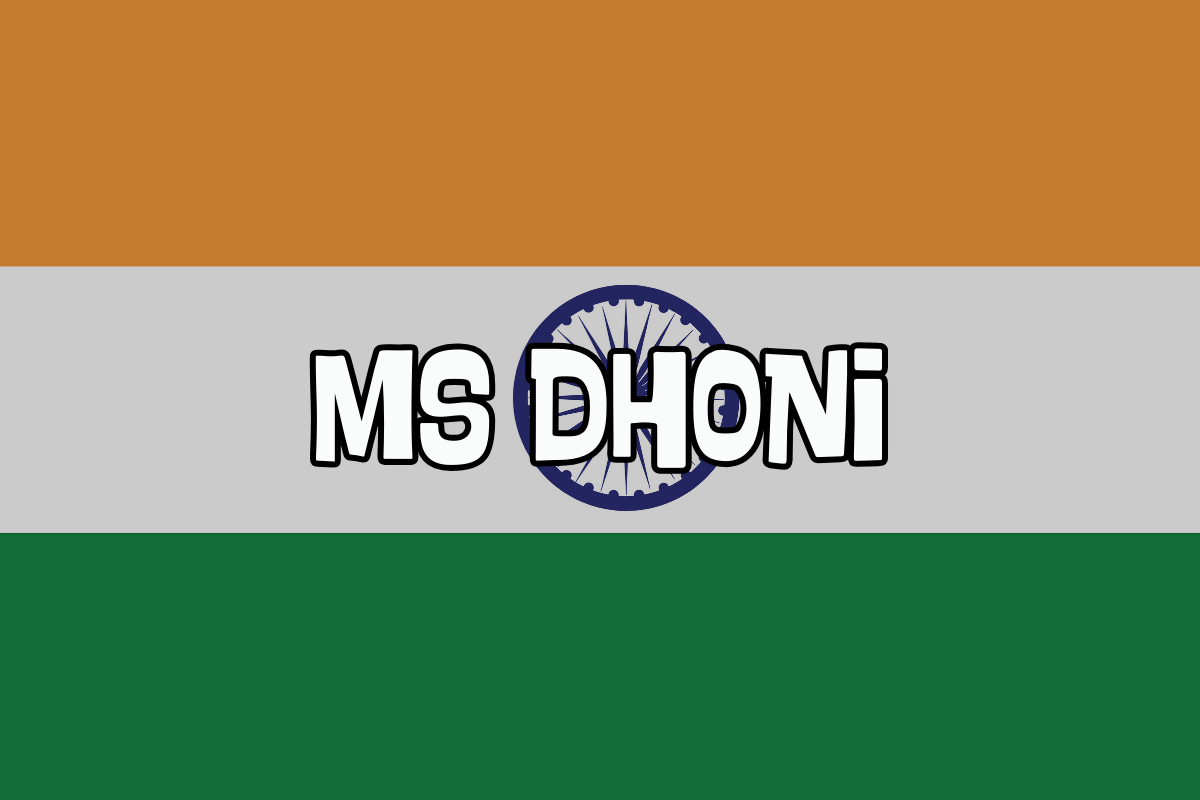
Moving out of history and into the modern day, next we have MS Dhoni, one of India’s biggest cricketers.
Even for fans of soccer in Europe or football in America, it can be hard to truly convey the popularity of cricket in India and South Asia in general.
It is simply enormous, and MS Dhoni has had an illustrious career in the sport.
Widely considered one of the best captains, wicket-keeper batsmen in the history of cricket, between 2007 and 2017 he served as the captain of the Indian national team.
He retired from all formats of international cricket in 2020, though he continues to play in the Indian Premier League.
Gautam Adani
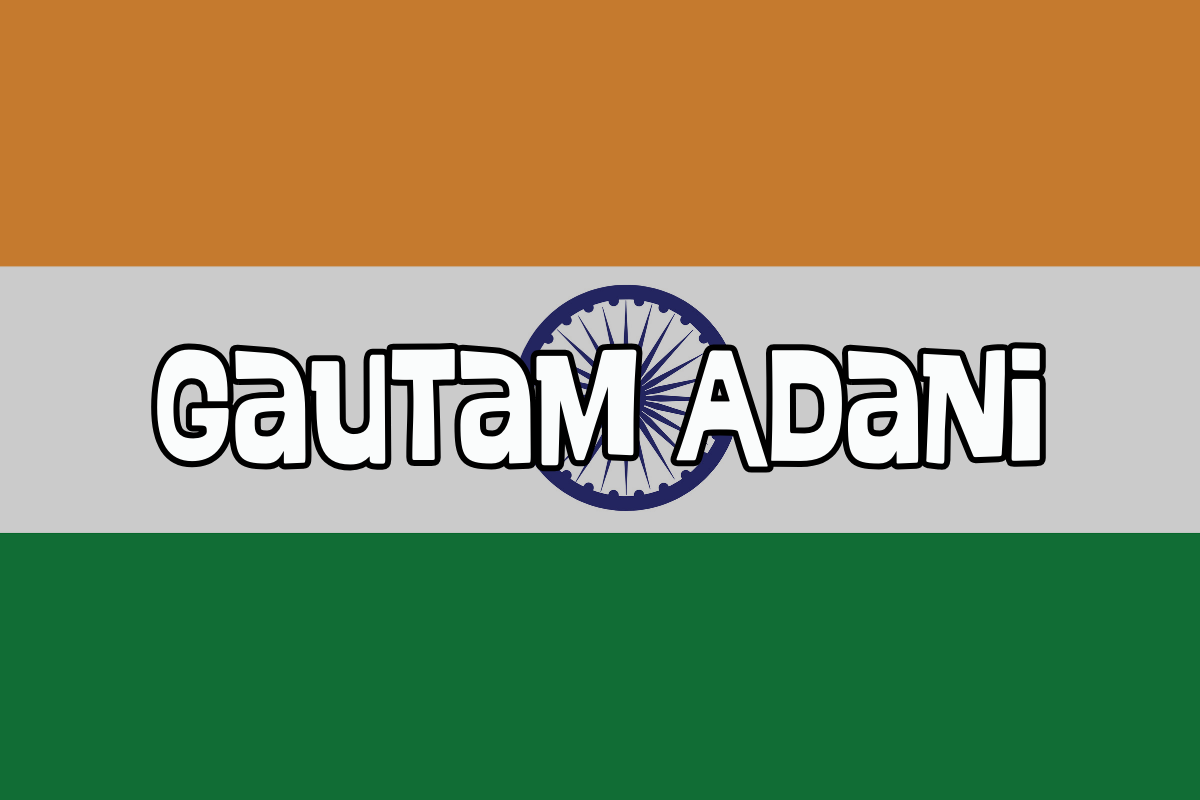
Founder and current chairman of the Adani Group, Gautam Adani is an industrialist and billionaire of one of the wealthiest people in India.
The Adani Group is a multinational conglomerate in the area of port development in India, and his firms have won a huge number of energy contracts from the Indian government.
His closeness with prime minister Narendra Modi has led to accusations of cronyism, and though his wealth is estimated to have fallen by over 50%, he is still worth an estimated $50.2 billion.
A.P.J Abdul Kalam
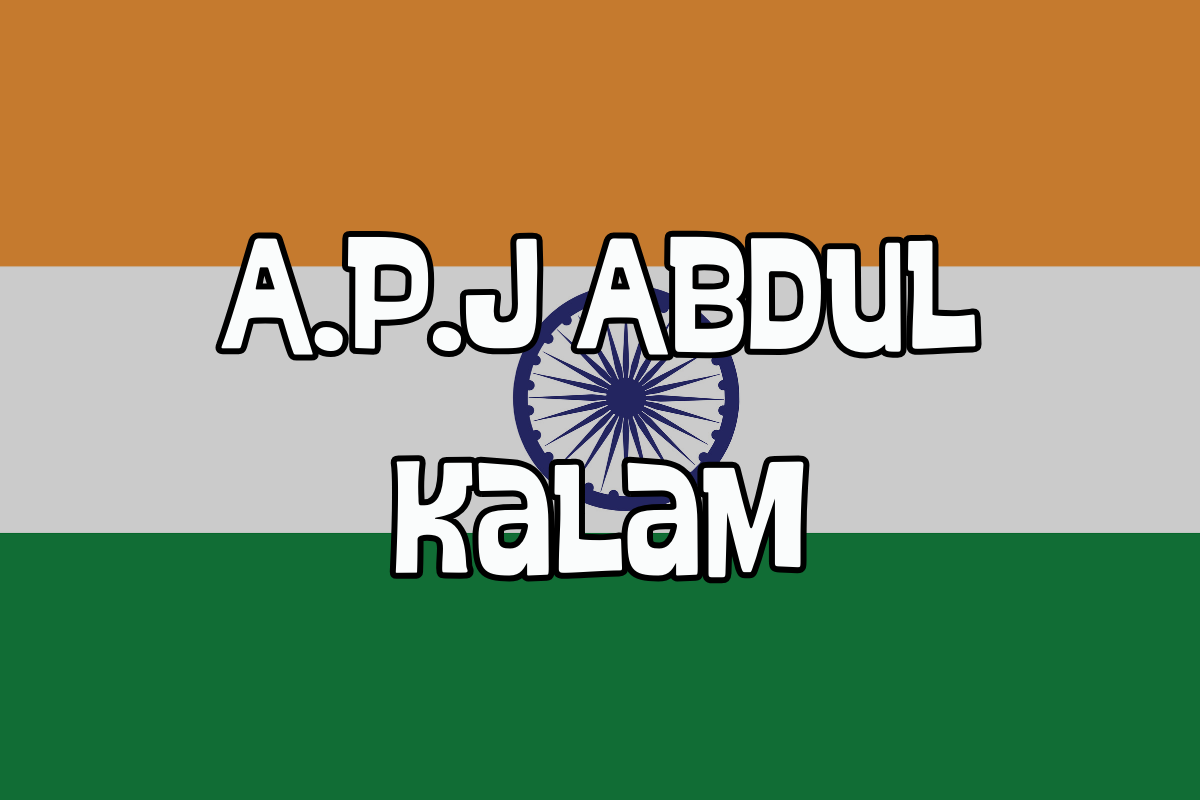
11th president of India between 2002 and 2007, Abdul Kalam was both a statesman and aerospace scientist until his death in 2015.
He was born in Rameswaram in the south of India and went to university to study physics and aerospace engineering.
For forty years he worked as a scientist and administrator under various government bodies, such as the Defence Research and Development Organisation and Indian Space Research Organisation.
He was elected president in 2002 and came to become something of a people’s hero.
Thousands attended his funeral after his sudden death in 2015, at the age of 83.
Narendra Modi
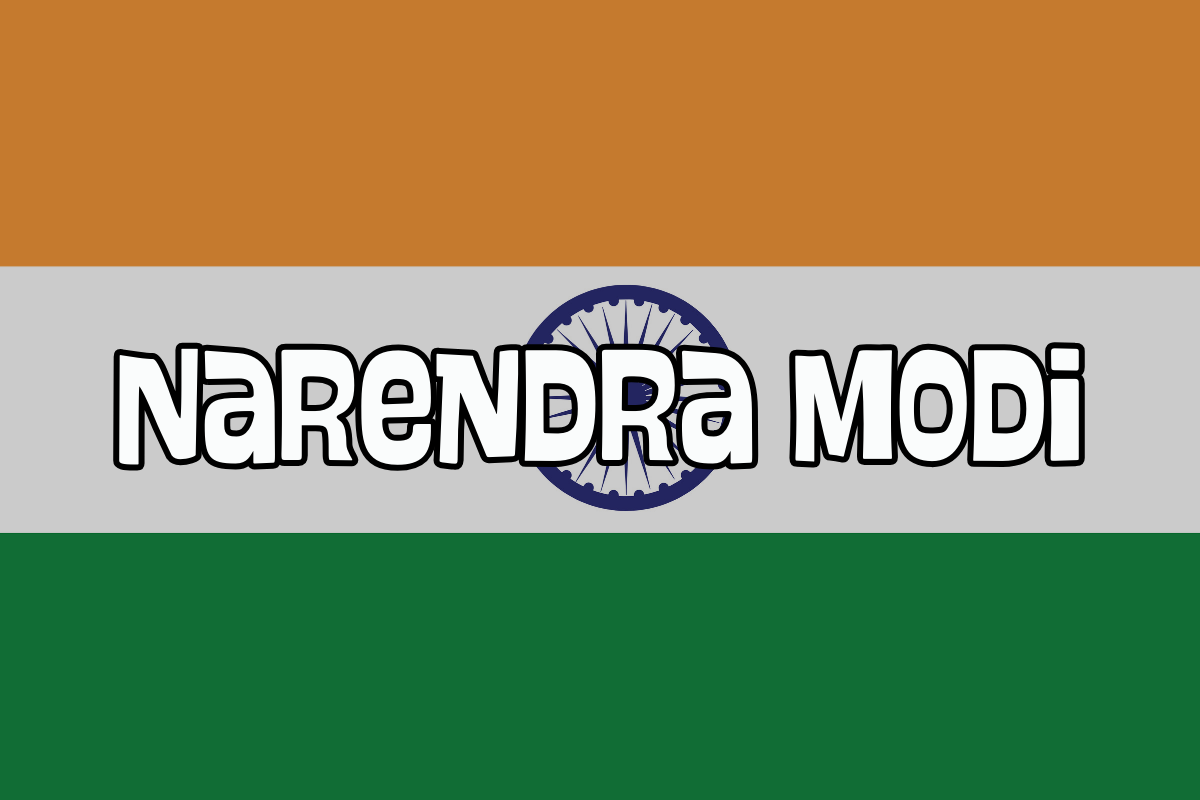
India’s current prime minister, Narendra Modi has served as the Indian political leader since 2014.
A member of the Bharatiya Janata Party, he was Chief Minister of Gujarat between 2001 and 2014 and remains the Member of Parliament for Varanasi.
He was born in Vadnagar and traveled across India during his youth, eventually returning to Gujurat in 1971.
He rose through the ranks of his party after being assigned to it in 1985, becoming general secretary prior to his election in 2001.
Jeet Thayil
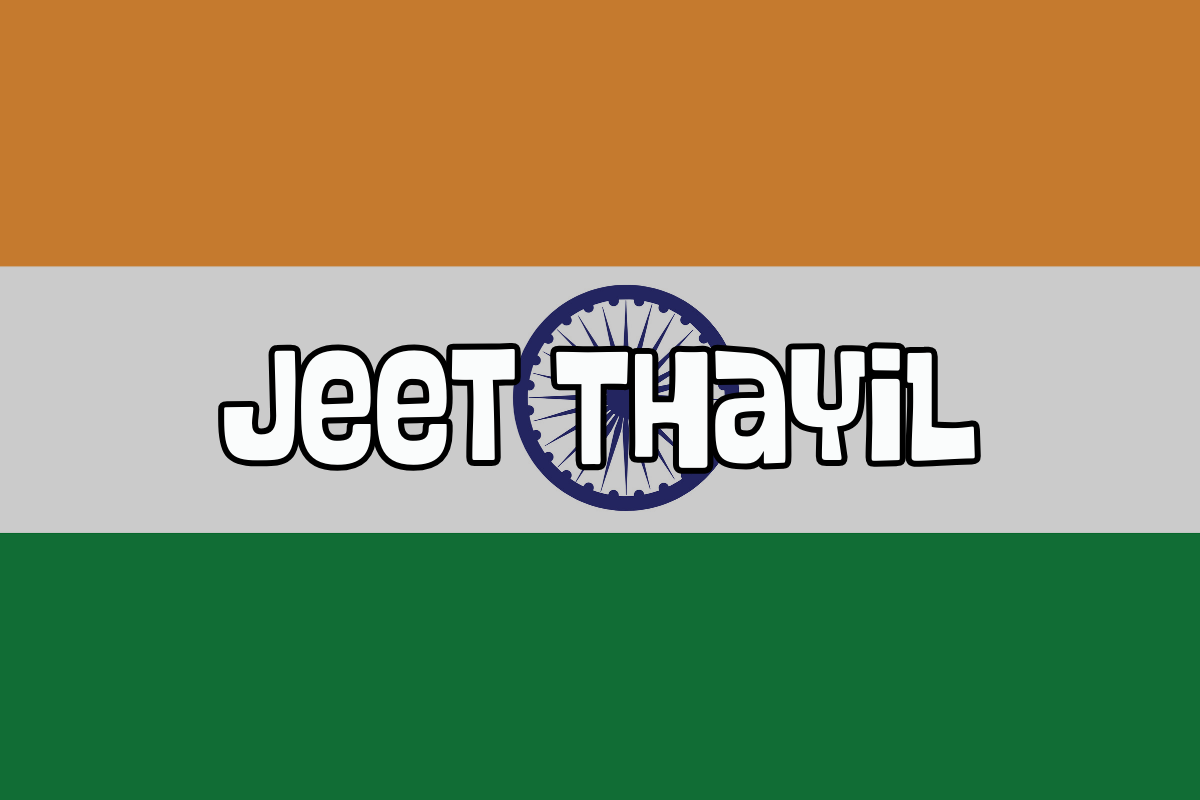
One of the best known modern Indian poets, Jeet Thayil is also a novelist, librettist and musician.
His poetry collection These Errors Are Correct, published in 2008, won the Sahitya Akademi Award, and his first novel Nacropolis, published in 2012, won the DSC Prize for South Asian Literature.
He was born in Kerala, and was raised in Mumbai until the age of eight, where he then moved to Hong Kong until his return to Mumbai ten years later in 2018.
Salman Rushdie
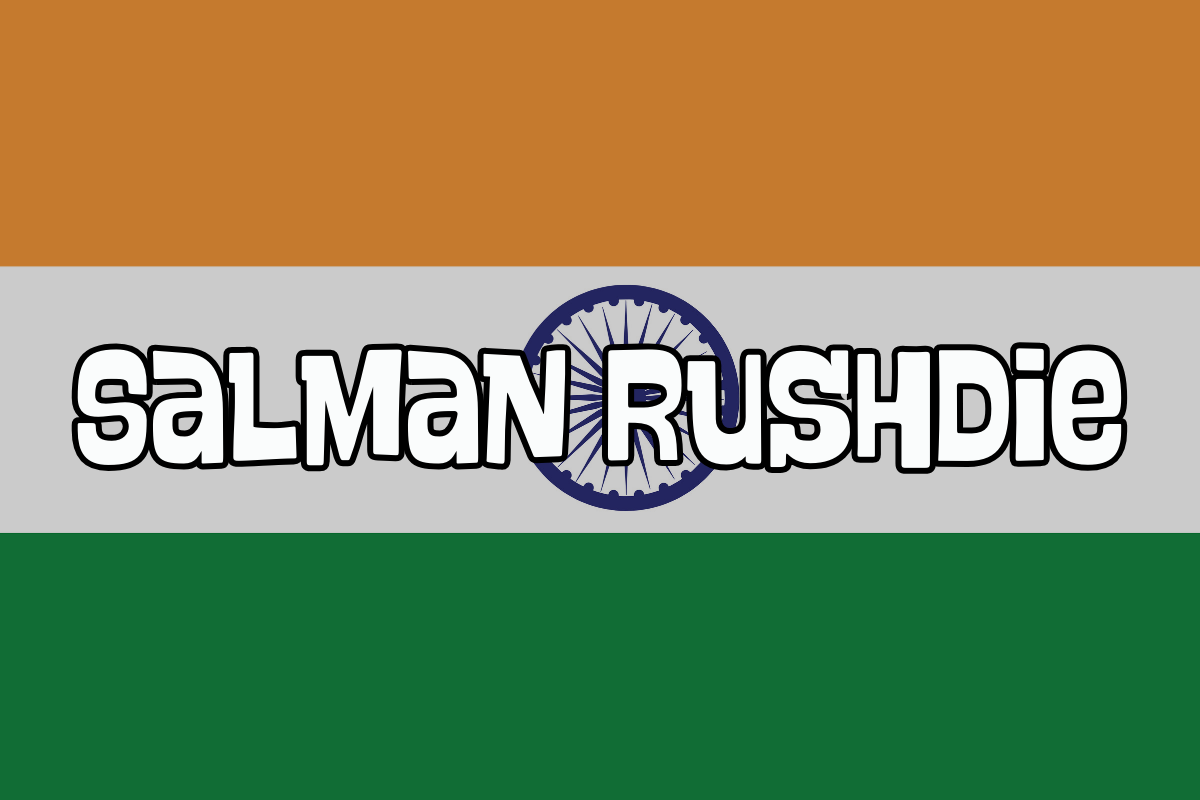
One of the most celebrated novelists of the modern day, Salman Rushdie is of British-Indian descent and his work often deals with the connections and migrations between eastern and western civilisation.
He is famous for his works of magic realism, such as Midnight’s Children, which have become some of the most celebrated examples of this genre frequently studied in both British and Indian universities.
In 2007 he was knighted for his contribution to literature.
Time magazine has named him one of the most influential figures in the world in 2023.
Shah Rukh Khan
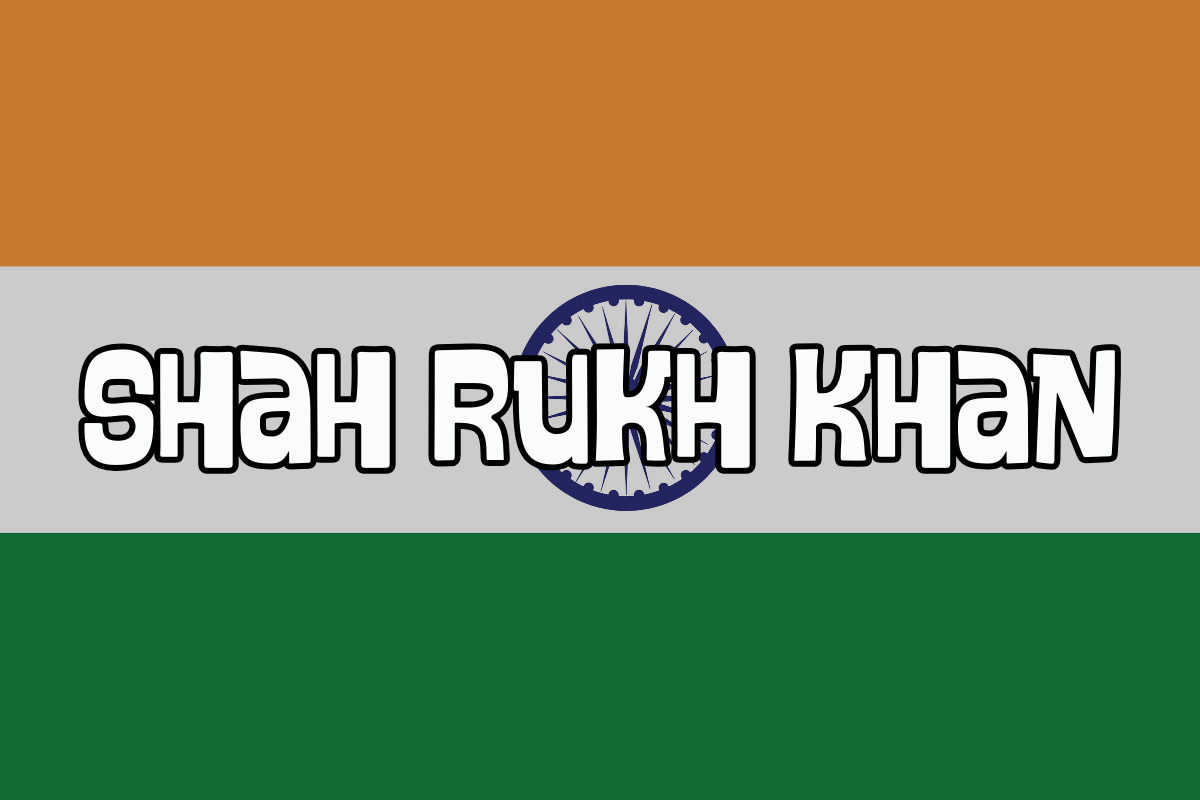
As western sports fans might struggle to understand the importance of cricket in India, so too would western filmgoers struggle to appreciate the scale of Bollywood.
Shah Rukh Khan, often called King Khan, is widely considered one of if not the biggest Bollywood star, having appeared in over 90 films primarily in Hindi.
Indeed, by the size of his audience and his income, his one of the biggest movie stars in the world.
His career began on television in the 1980s, and first appeared in Bollywood in 1992’s Deewana.
India is a place so rich in culture and history that it can be hard to wrap your head around the level of fame some of these people enjoy if you were not born in India, let alone having visited or lived there.
Hopefully, this list has given you some basic insight into some of India’s most famous people, both from its history and in the modern day.

